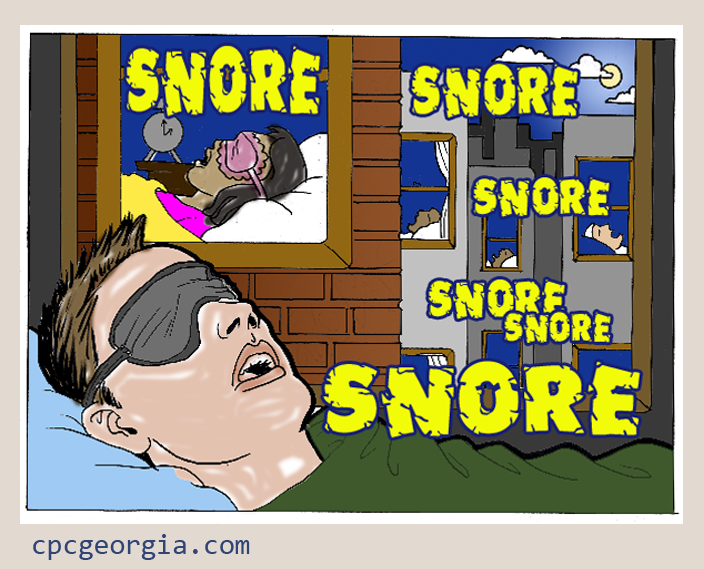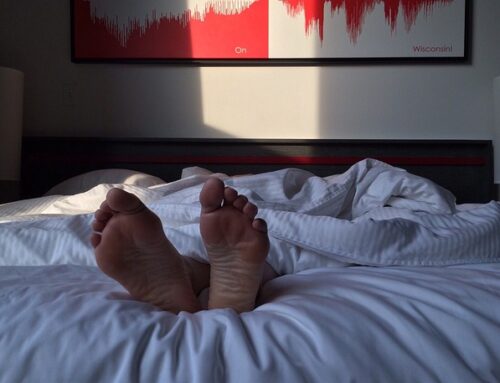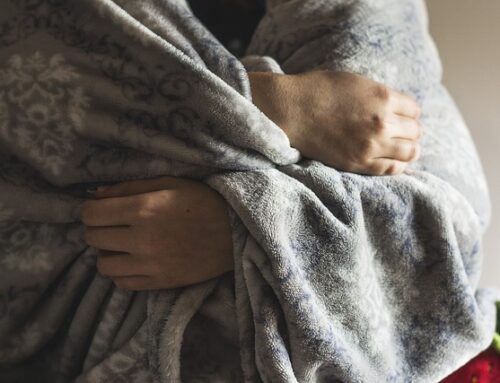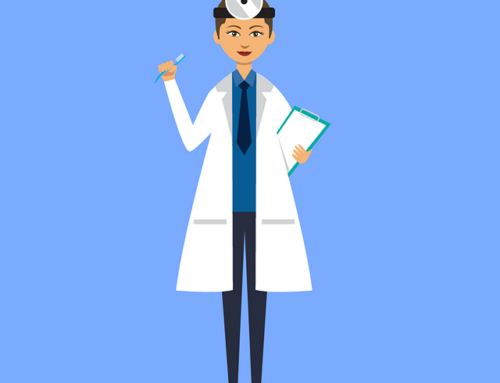A new study in The Journal of Clinical Endocrinology & Metabolism shows that if sleep apnea is left untreated, even for just a few days, can increase blood sugar and fat levels, stress hormones and blood pressure. This study also adds support for the consistent use of CPAP, which can lead us to discussing the further importance of oral appliance therapy for those that are CPAP non-compliant.
An improved study, results
Previous studies focusing on metabolic and patients with OSA, typically collected data while participants were awake. As a result, this only showed us one area of how OSA affects a person’s overall health and wellbeing. In this new study, participants slept in a sleep laboratory at the Johns Hopkins Bayview Medical Center. Here, their brain waves, blood oxygen levels, heart rates and breathing were recorded every night. Their eye and leg movements were also observed and recorded.
Blood samples were taken from 31 patients with moderate to severe OSA and had a history of regular CPAP use for two nights. Samples were drawn every 20 minutes starting at nine at night until six in the morning. The researchers found that CPAP withdrawal caused:
- Recurrence of OSA associated with sleep disruption.
- Elevated heart rate.
- Reduced blood oxygen.
This withdrawal also led to increased levels of free fatty acids, glucose, cortisol and blood pressure during sleep. The more severe the OSA was in a participant, the more these areas increased.
Importance of treatment for sleep apnea
While this study emphasized the importance of CPAP therapy for OSA patients to prevent metabolic and cardiovascular consequences, this can be the same for oral appliance therapy. This is especially true for OSA patients who have a hard time tolerating CPAP. ORal appliance therapy can help provide proper treatment for OSA while also preventing complications.
As dental sleep medicine specialists, we have the unique opportunity to provide our patients with treatment that works and is comfortable. Let’s continue to remain ahead of the treatment of sleep apnea with oral appliance therapy and the benefits it continues to offer.





